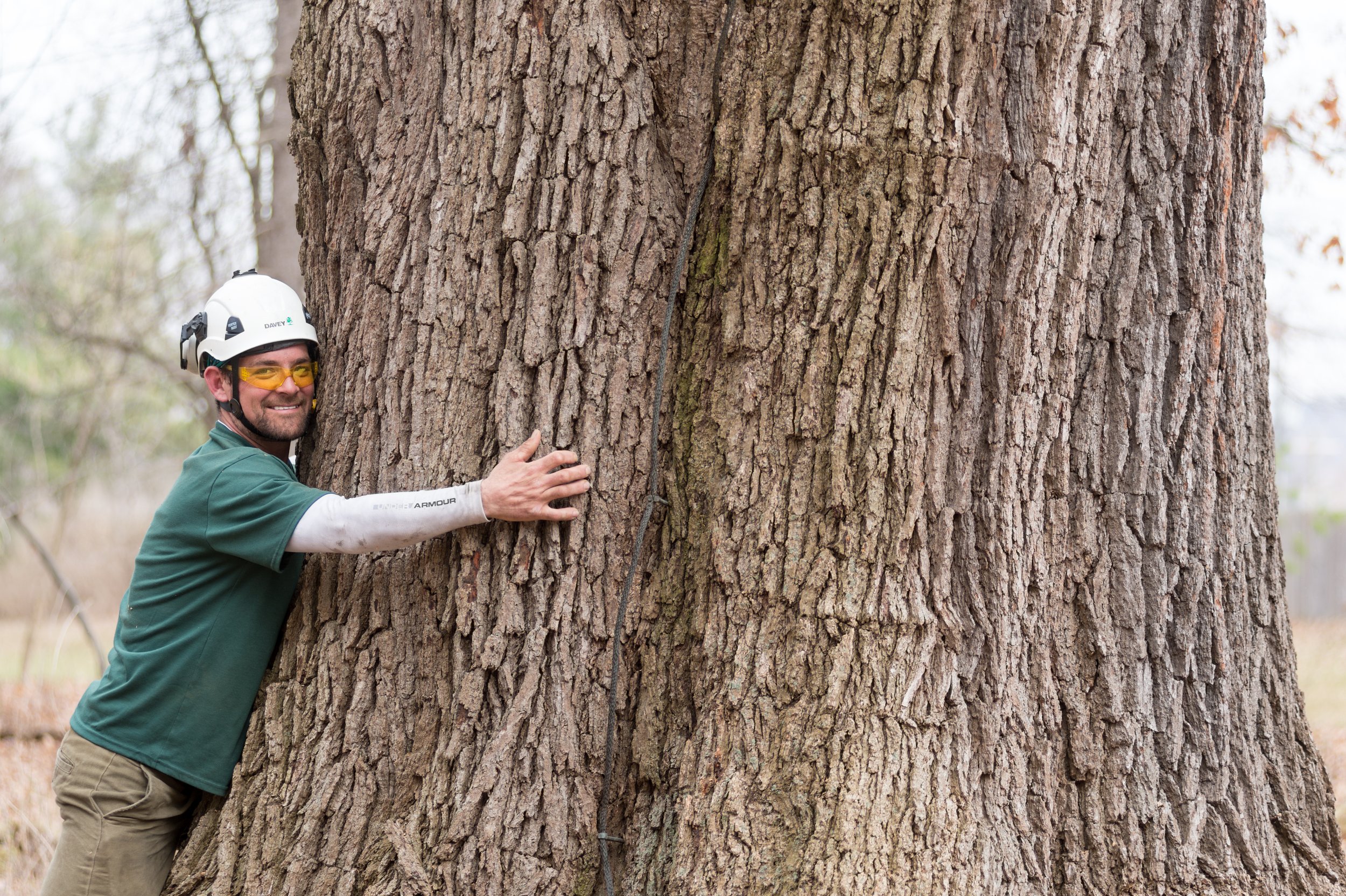Stay informed with seasonal tips, expert tree care advice, and lawn maintenance guides tailored for Georgia homeowners. From pruning and pest control to storm prep and fertilization, The Davey Tree Expert Company shares insights to help your landscape thrive in Athens, Loganville, and beyond.


